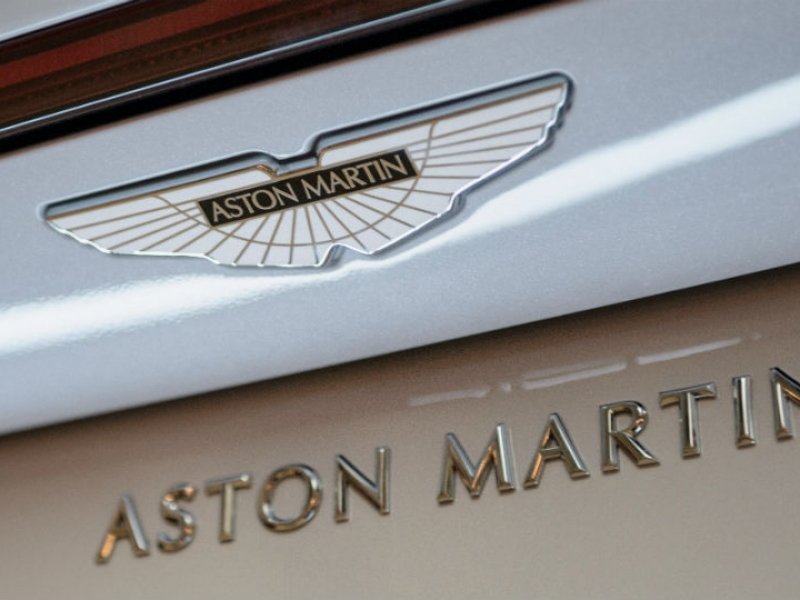
LONDON — Aston Martin said it may need to tap into high-interest notes it was trying to avoid drawing down, even after a capital infusion of up to 536 million pounds ($663 million) from a group led by billionaire Lawrence Stroll.
The automaker does not have sufficient working capital based on European Securities and Markets Authority rules because the coronavirus has created “increased and unquantifiable uncertainty” in its business, Aston Martin said.
That has made it impossible to come up with a model for a “reasonable worse case downside,” the company said.
Aston Martin, which has struggled with cash flow and dealer-inventory back-ups since going public in 2018, had hoped that the fundraising approved by shareholders on Monday would avoid the need to seek additional money. But the coronavirus crisis has added a level of difficulty to the turnaround put in place with Stroll’s arrival.
“Taking into account the proceeds of the capital raise, the company is of the opinion that the group does not have sufficient working capital to meet its requirements for 12 months” from February, when it published the original prospectus for the Stroll bailout, the company said.
The Canadian billionaire will take over as executive chairman of Aston Martin next month. His Yew Tree consortium is set to get a bigger chunk of Aston after it renegotiated the terms of the fundraising this month.
Turnaround plan
The liquidity warning notwithstanding, Aston Martin’s directors said they were confident that the company has enough access to loans. That includes $100 million of delayed draw notes issued in October 2019 that carry an interest rate of at least 12 percent.
In a statement, Stroll said that he and his co-investors “continue to believe passionately in the future of Aston Martin Lagonda.”
The investment, including 262 million pounds ($324 million) from his group, “gives the necessary stability to reset the business for its long-term future,” Stroll said. “We have a clear plan to make this happen,” including Aston Martin entering an F1 works team next season.
Cash burn
To fund its cash burn, the company tapped the debt markets twice last year, with a $190 million bond issued in April paying a 6.5 percent coupon and a $150 million bond with a 12 percent coupon priced in September. It could draw up to $100 million more before July.
S&P lowered the company’s credit rating two notches to nine levels below investment grade on March 17, saying that even if the automaker successfully completed the rights issue, declining sales of sports cars and uncertainties related to the coronavirus pandemic would weaken its financial performance and add liquidity pressures over the next six to 12 months.
Aston Martin’s stock has fallen 60 percent this year and is now 89 percent below its IPO price.
While the coronavirus pandemic could dent demand, the company says its order book “remains significant,” including over 2,000 commitments for the DBX SUV.
The company is banking on the $189,000 DBX selling in higher volumes than its sports cars.
Deliveries of the DBX are planned to begin in summer. They will compete with prestige brands like Lamborghini’s Urus and the Bentley Bentayga, which have already established themselves in the ultraluxury SUV market.